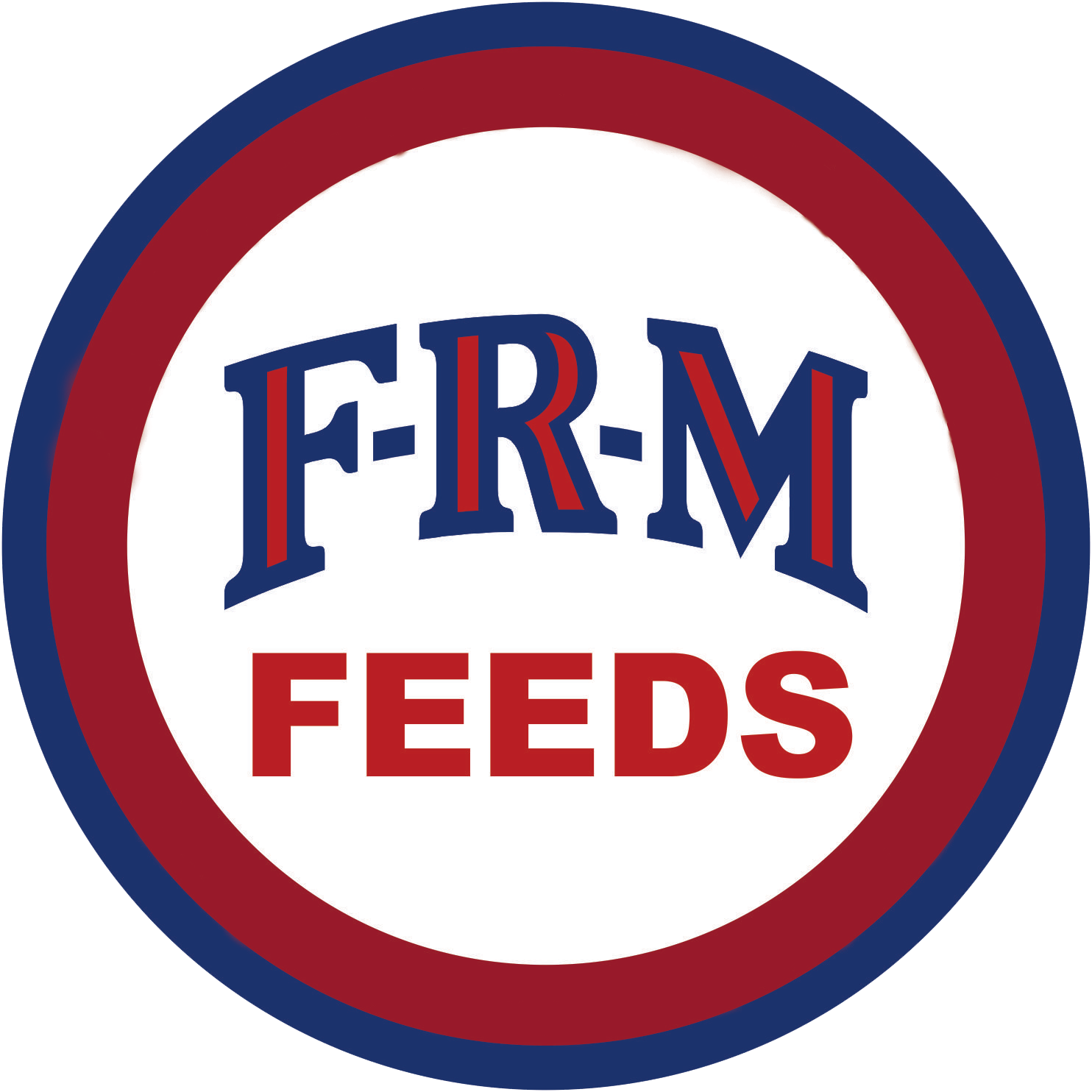We all understand the importance of water for livestock and all living things for that matter. As stockmen, the necessity of water is something we must understand early on. Unfortunately, what occasionally gets overlooked is how water quality can dramatically affect animal performance, even in the most meticulously planned, researched, and budgeted feeding program and herd health plans.
We don’t often forget about water, in fact if you’re like me you’ve ran more tanks over this week than you have forgotten to fill in the past month. We know that the lack of water will drastically and indefinitely affect cattle health and performance. Furthermore, if you handle “high risk” cattle, your herd health programs have little chance of success if calves aren’t willing to hit the tank and rehydrate themselves. We all understand that water is a nutrient and has nutritional value that will impact livestock health and performance as the quality of water changes. Water changes in quality and composition just like any other feed stuff that has protein, energy, fiber and minerals. So as good stockmen we must understand that we need to evaluate our water sources throughout the year. For example, during summer months, ponds and tanks experience higher rates of evaporation, which will concentrate elements in the water.
A beef cow can be expected to drink 5% of her body weight in water daily. Further water consumption will be impacted by many factors including growth, pregnancy, lactation, activity, diet dry matter, feed intake, environmental temperature and water quality itself. Water quality and quantity also greatly affects feed intake and subsequently health of cattle. If water quality is poor, we can expect high risk cattle to drink little water, further dehydrated cattle likely will not consume adequate amounts of feed resulting in cattle that are dehydrated and on a declining plane of nutrition.
Common water quality problems affecting livestock include high concentrations of minerals, high nitrogen, bacterial contamination, heavy growth of toxic blue-green algae and accidental spills (petroleum, pesticides or fertilizers). Studies have shown that water affects cattle weight gain, further the more water cattle drink the more feed they consume resulting in higher performance. So even if your tanks or ponds look satisfactory, livestock performance may be telling a different story. Research has examined the direct effect of water source and quality on gain. The two most common watering systems for cattle are, a trough fed by a well or spring, or an impoundment such as a pond. One study found a 9-10% increase in weight gain for steers whose water was pumped into a tank, compared to steers who’s water source was a pond. Similar results were observed in stocker cattle, where stockers with access to clean water had 16% higher weight gains than stockers with low quality water. Similarly, cattle with access to high quality water have been overserved to spend a greater amount of time grazing than those with access to low quality water.
I certainly understand that it’s not always practical to provide well water for our livestock. However, it is still important that we maintain and manage stock ponds to ensure that we’re providing the highest quality water possible. It’s well documented that the higher water quality is the higher performance we can expect. To reiterate further, the best feeding program and herd health plan have little chance of success if the only water available is low quality and unpalatable.

